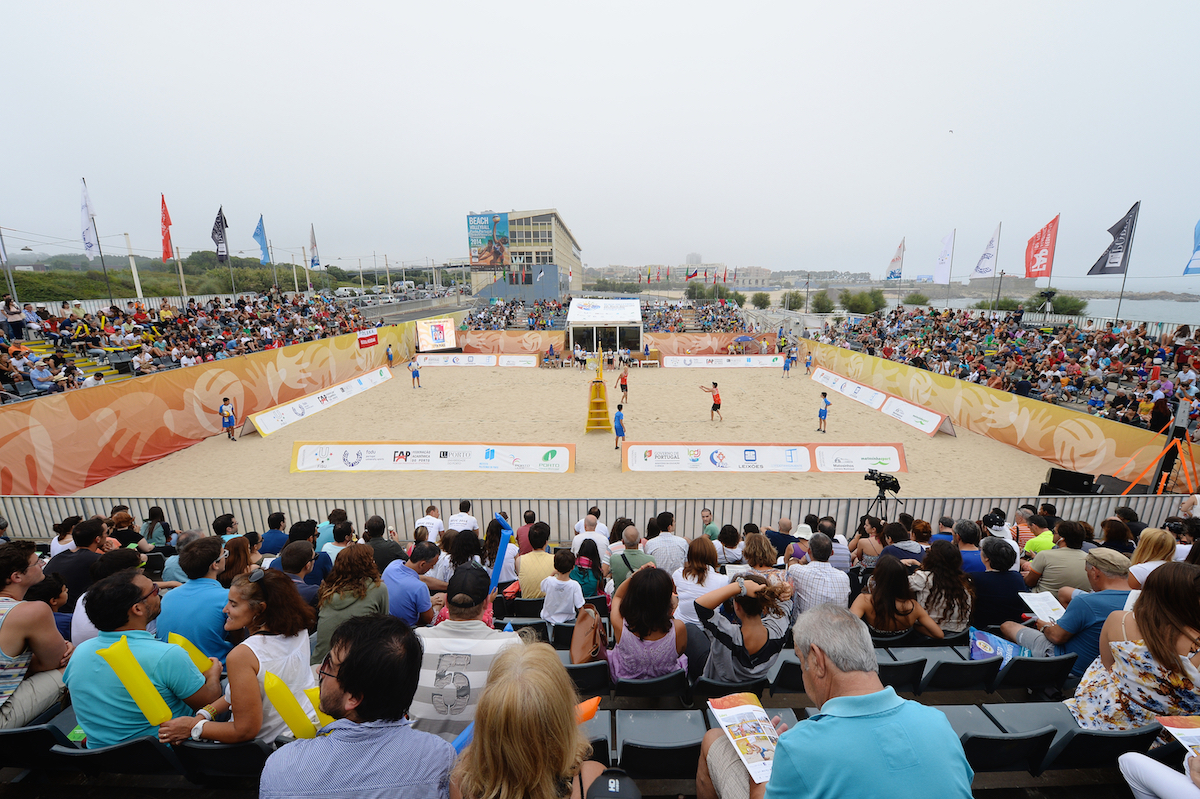 The 2014 FISU World University Championship Beach Volleyball, held at Porto, organised by the University of Porto, Polytechnic Institute and FAP.
The 2014 FISU World University Championship Beach Volleyball, held at Porto, organised by the University of Porto, Polytechnic Institute and FAP.
Blazing a trail in the FISU Healthy Campus programme, the University of Porto has already reached the highest certification level (platinum) with 96 out of 100 approved criteria, in just seven months since the launch of the programme.
Around fifty major global universities are now on board the Healthy Campus platform, that aims to give universities tools, guidance and best practices to ensure well-being of staff and students on campus. For this, the 100 criteria identified in the Standard Document align closely with the United Nations’ Sustainable Development Goals.
“Signing up for the programme will help universities work towards UN SDGs in an organised manner and consequently get into leading university rankings,” explains FISU Healthy Campus & University Relations Director Fernando Parente.
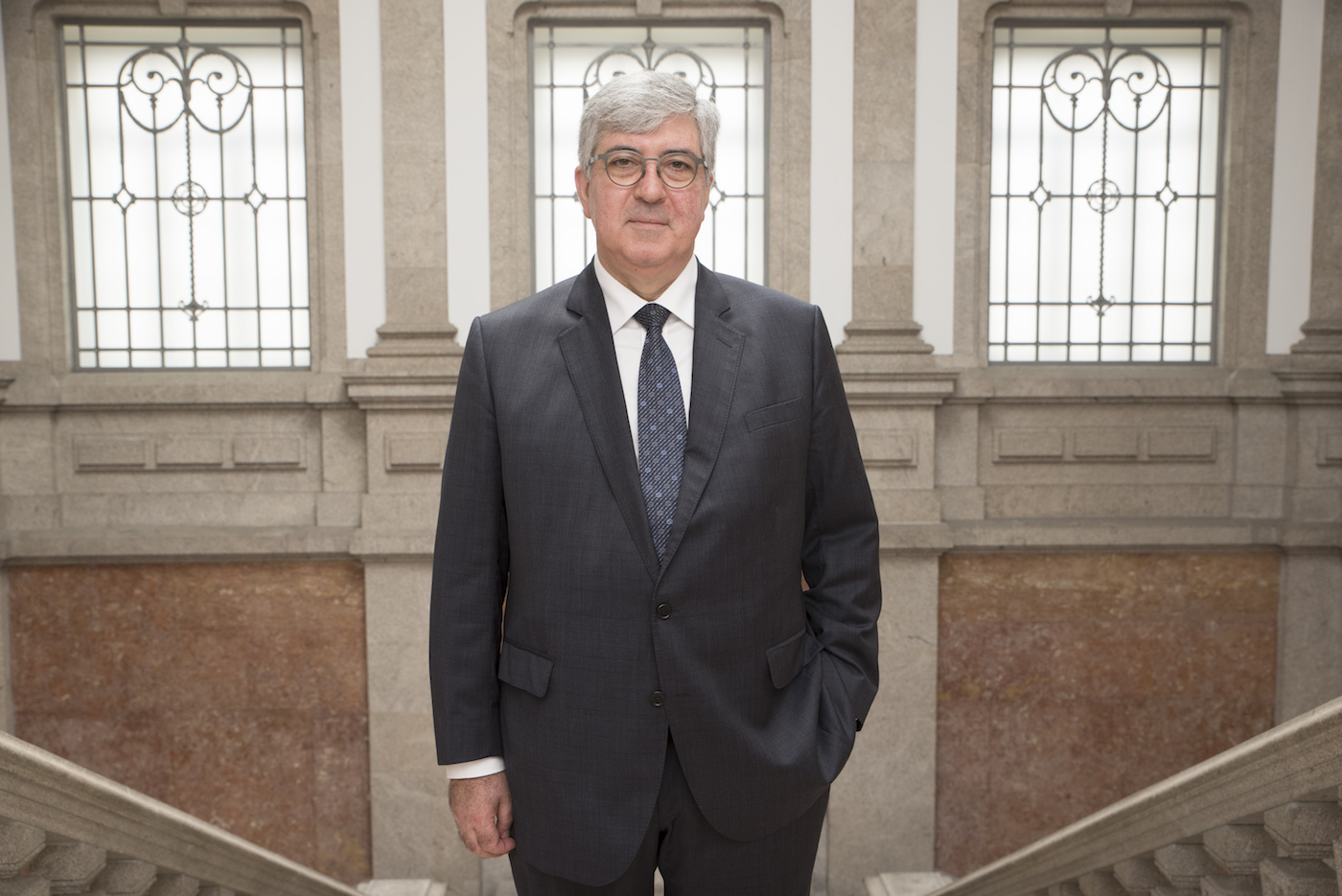 University of Porto Rector António de Sousa PereiraThe University of Porto, under the leadership of Rector António de Sousa Pereira (also President of the Portuguese Rectors Council), has quickly checked 96 out of the 100 boxes in the list of criteria, leapfrogging ahead to platinum certification. Their already established best practices can be a case study for other universities aiming to obtain the prestigious FISU Healthy Campus label.
University of Porto Rector António de Sousa PereiraThe University of Porto, under the leadership of Rector António de Sousa Pereira (also President of the Portuguese Rectors Council), has quickly checked 96 out of the 100 boxes in the list of criteria, leapfrogging ahead to platinum certification. Their already established best practices can be a case study for other universities aiming to obtain the prestigious FISU Healthy Campus label.
The Rector spoke to FISU in detail about their programmes and early success in getting the certification, along with ProRector Joana Carvalho and Director of Sports Bruno Almeida.
Excerpts from the interview follow. The University of Porto’s best practices summary can also be downloaded here. Following this example from the University of Porto, best practices from Healthy Campus universities will be shared regularly.
FISU: The University of Porto is one of the first that joined the FISU Healthy Campus programme and quickly reached the platinum level with 96 out of 100 approved criteria. How do you explain this success?
Sousa Pereira: Over the past few years, University of Porto has made a considerable effort to provide all members of its community with the best conditions so that they can develop their activities in a healthy environment. That is why we enthusiastically subscribed to the FISU Healthy Campus programme, as it was an opportunity to objectively and independently evaluate our work.
The commitment to guarantee health and well-being of the entire academic community is a strategic goal in our stated vision for the next five years. It is therefore with enormous satisfaction that we see our work recognised, giving us even more encouragement to continue investing in improving the quality of life of our students and staff.
How can the FISU Healthy Campus Programme help improve and consolidate the excellent performance of your university? How does this programme help a university improve the quality of life on campus?
Sousa Pereira: In my opinion, this programme can be an excellent tool to help a university monitor its activity in this area. Although we have obtained approval in almost all criteria, we believe that the work is not yet finished. We will try to make it a priority for the almost 40,000 students and staff that attend the University of Porto.
Modern and forward-looking universities must create strong ties with all stakeholders, breaking down the imaginary walls that sometimes exist between academia and general society. Collaboration with regional and national entities responsible for the design, implementation and monitoring of public health policies, physical activity, sport, nutrition, etc. is, therefore, essential to achieve the goals of Healthy Campus.
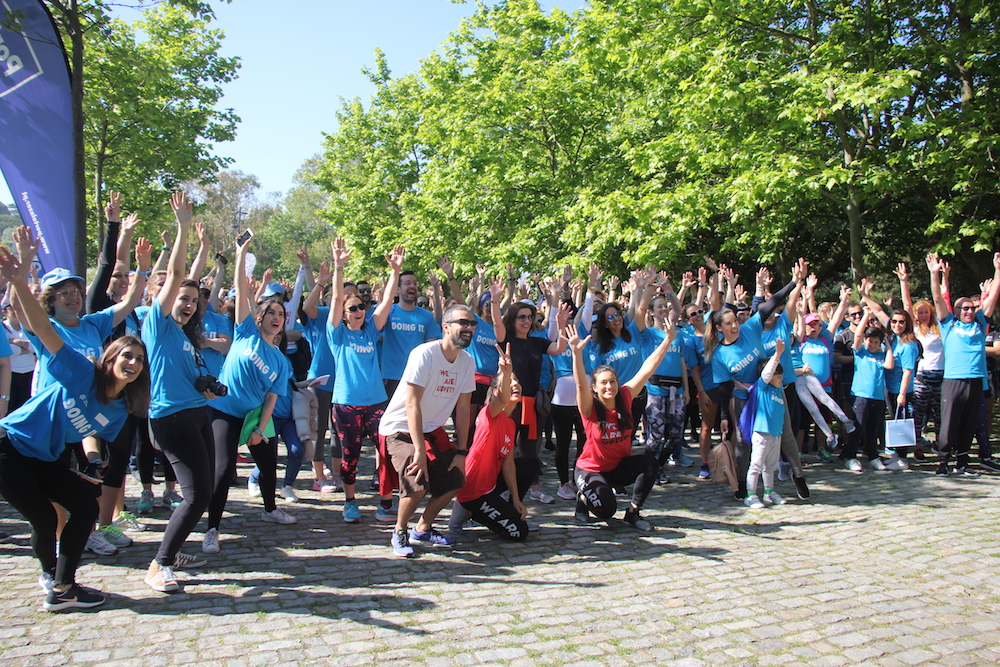 The University of Porto is known for its excellent results at national level (Best in Portuguese University Sports ranking for more than 10 years) and also at EUSA competitions, but it also has a sport programme for all. How do you combine these two aspects?
The University of Porto is known for its excellent results at national level (Best in Portuguese University Sports ranking for more than 10 years) and also at EUSA competitions, but it also has a sport programme for all. How do you combine these two aspects?
Carvalho: Our top priority is to increase the quality of life through sports, that’s why our actions consider all aspects of sports; whether competitive, training or sport for all. University of Porto has had excellent results both at a national level, as well as in international participation, but our main focus is on creating conditions such that all students and staff at the university can practice sports.
We have a vast daily programme of physical activities, with more than 60 different sports activities and more than 9,000 people practicing sport in an informal way.
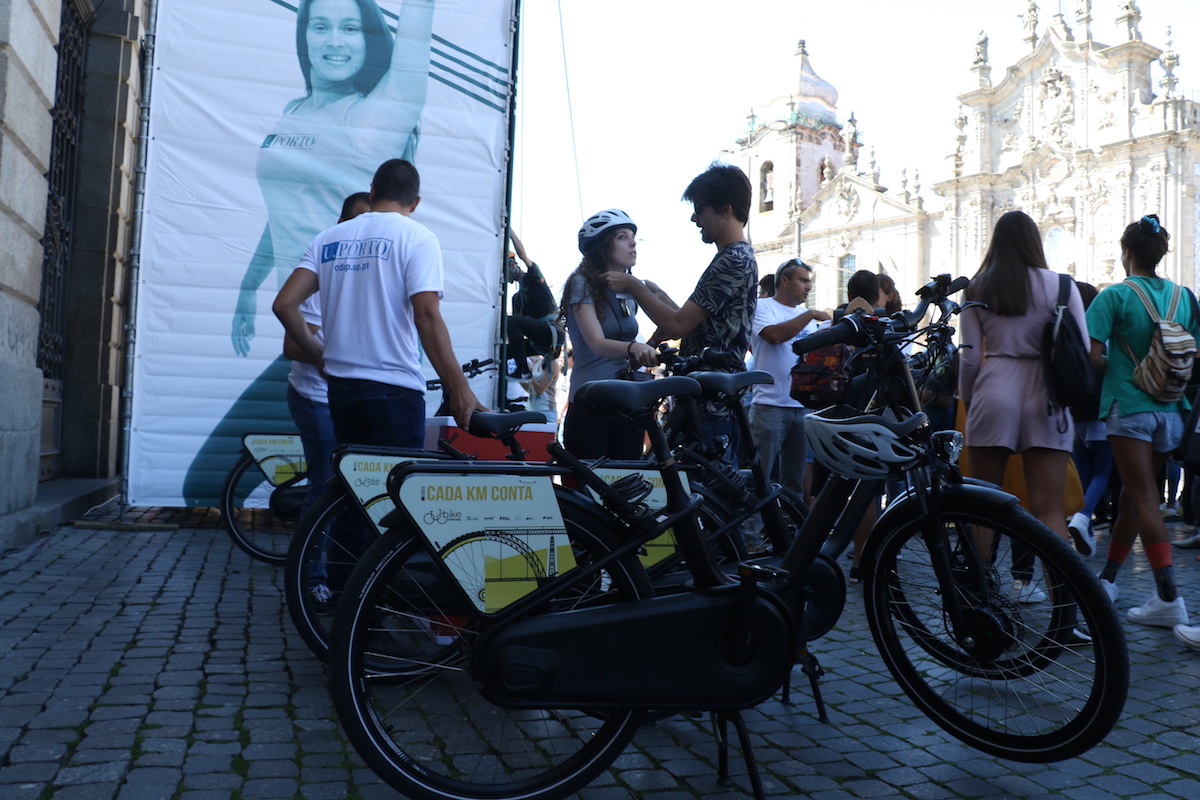 The promotion of healthy lifestyles is an objective that most universities in the world currently have. How does University of Porto manage this and what kind of actions have you already taken?
The promotion of healthy lifestyles is an objective that most universities in the world currently have. How does University of Porto manage this and what kind of actions have you already taken?
Carvalho: The promotion of healthy lifestyles is one of the fundamental premises of our strategic planning. We intend to establish an organisational culture of health promotion and a sustainable environment suitable for learning, working and living.
We encourage members of the academic community to take responsibility for their health and well-being. We want the community to have at its disposal the necessary tools to reduce sedentary lifestyles. In addition to the regular sports offers that we promote, there are countless initiatives that we have been developing; from providing electric bicycles to improving the physical, mental and social well-being of our staff through the Pausa Ativa (Active Pause) programme, tips and advice on healthy eating, and free sports facilities during periods of low demand.
A more active university community is certainly a happier community, with better academic and professional performance.
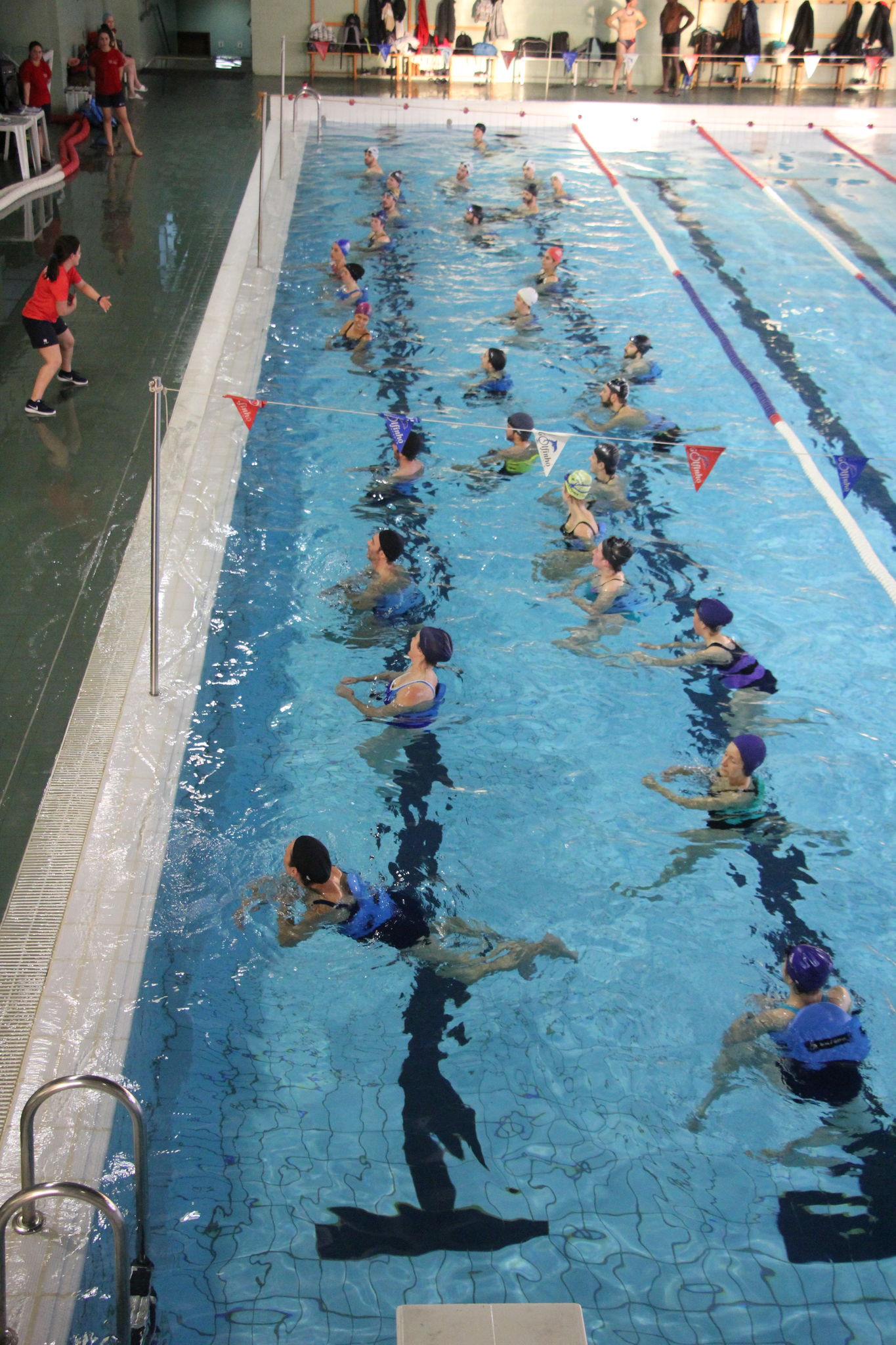 In the University of Porto of sport and physical activities programme, students can use some sports facilities without paying. Tell us more about that.
In the University of Porto of sport and physical activities programme, students can use some sports facilities without paying. Tell us more about that.
Almeida: Inspired by street sports and our childhood, we came up with the idea of creating the campaign ‘Bring the ball and keep yourself active’ during the pandemic. The main objective was to make physical activity as simple as it used to be.
We realised that for this campaign to be successful, the process would have to be quite simple. And it is. Students only have to show up with a ball and their group of friends at the University Stadium.
This programme runs from 9am to 5pm, the low demand hours at the facility, so that we do not lose out on ‘peak’ hours. These days, one can observe groups of students playing freely – forming teams distinguished by T-shirts, without a referee and without a coach – playing, just like we did when we were kids.
It has been a fantastic experience that, regardless of the course of the pandemic, we will continue until the end of the academic year.
University of Porto recently renovated its University Stadium; what are the main activities to develop under the FISU Healthy Campus programme?
Almeida: Increasing the physical activity of the entire community is a priority and creating conditions that enable this, is fundamental. We are proud that our University Stadium, built in 1953, is now totally prepared to be used and enjoyed again by our city. We want the University Stadium to be a space open to the city, so that it can be used by the greatest number of people, regardless of whether they belong to the university or not.
The new features allow the informal practice of a large number of sports, informal games, training, jogging or simply walking. We invested in the implementation of an outdoor fitness training box, which can be used by the entire community.
